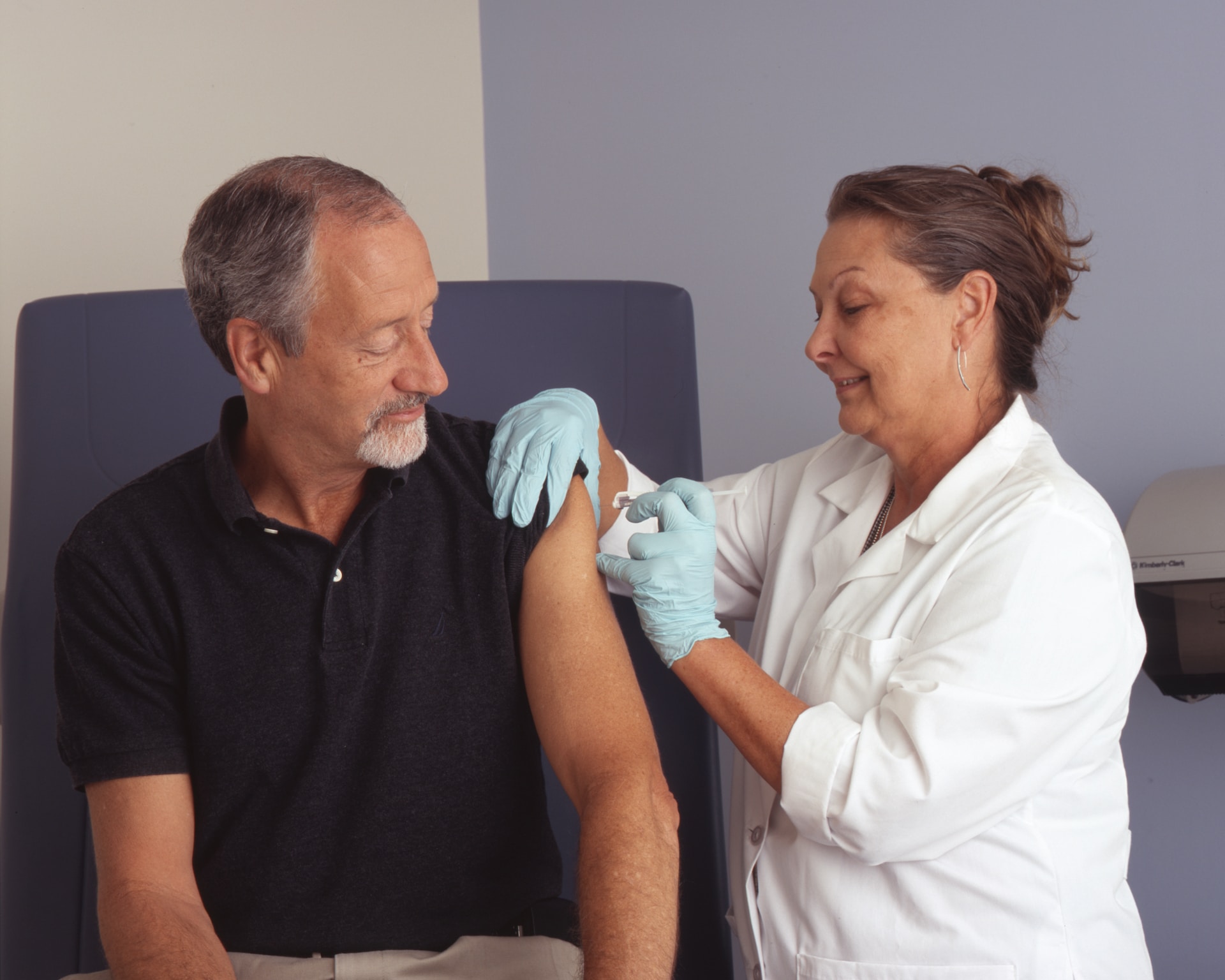
How Does Ketamine for Pain Management Work?
In the past, ketamine was primarily used for anesthesia and sedation in medical procedures. The drug itself has been around since the early 1960s. Later, it was taken recreationally as a rave drug. However, in recent years, ketamine has gained attention as a treatment for chronic pain. It is now being used to treat chronic pain and depression. It’s usually prescribed only after other medications have proven ineffective. Research also shows it is a good candidate for more acute pain, such as post-operative pain.
How Does Ketamine for Pain Management Work?
Ketamine can effectively treat various types of chronic pain, including neuropathic pain, headache disorders, complex regional pain syndrome (CRPS), and fibromyalgia. Other pain may be helped by it as well. Some studies have also found that ketamine can reduce the need for opioids in chronic pain management. Doctors who help with pain management can help patients decide which medications they may take besides ketamine. For example, a meta-analysis of data published in Pain Medicine in 2018 found that intravenous ketamine reduced chronic pain in patients with neuropathic pain and fibromyalgia.
It is available as a nose spray or infusion. Special compounding pharmacies can also dispense ketamine as a pill taken at night or as a salve to tub into the skin.
Most pain clinics offer an infusion in-office or in an infusion center where they can supervise and monitor patients, answer questions, and provide education as needed.
Low-Dose Ketamine and Mental Health Disorders
Ketamine is a relatively new low-dose treatment, but data suggests it benefits some people with mental health disorders. It can be particularly effective when other medication has failed to help people who are severely depressed. People who live with PTSD or anxiety have also benefited from infusions, although research shows that benzodiazepine treatment and low-dose ketamine treatment have similar outcomes. People who live with major depressive order seemed to have the highest benefit.
When used for psychiatric conditions such as depression or anxiety, low-dose ketamine is typically administered under medical supervision.
Side Effects of Low-Dose Ketamine
Most patients have few side effects, the most common being fatigue or sleepiness during and after the infusion.
Some patients may still experience mild to moderate dissociative or hallucinogenic effects, such as feeling detached from their body or surroundings, seeing visual distortions, or experiencing altered perceptions of time. In addition, the risk of psychiatric side effects can be higher for people with a history of psychiatric conditions, such as psychosis or bipolar disorder. Therefore, they should be closely monitored if they receive low-dose ketamine treatment.
As with any medication, patients and their doctors should carefully weigh the potential benefits and risks before starting treatment.
Chronic Pain Management – Get Help Without Opioids
Dr. Francis Corrigan, the founder of Solas Health, has been treating North Carolinians who suffer from chronic pain for the past two decades. In the last ten years, he has used ketamine infusions to help patients suffering from complex regional pain syndrome (CRPS) and other painful conditions.
Chronic pain can decrease your quality of life and cause more problems if you become dependent on opioids. Don’t let pain take over your life! Help is available. We’re here to help individuals reclaim their lives and treat the whole person. If you have multiple conditions, you may need various modes of treatment. You’ll work closely with a doctor to begin healing to live your best life again.
Learn more about your treatment options by giving us a call.
Not all treatments are suitable for all clients! There are other options for pain relief and regulation that are opioid-free, including MAT options. We’ll walk you through your options.
If you are in need of help, please call us at: 910-295-7246 or message us.
Categories
News
